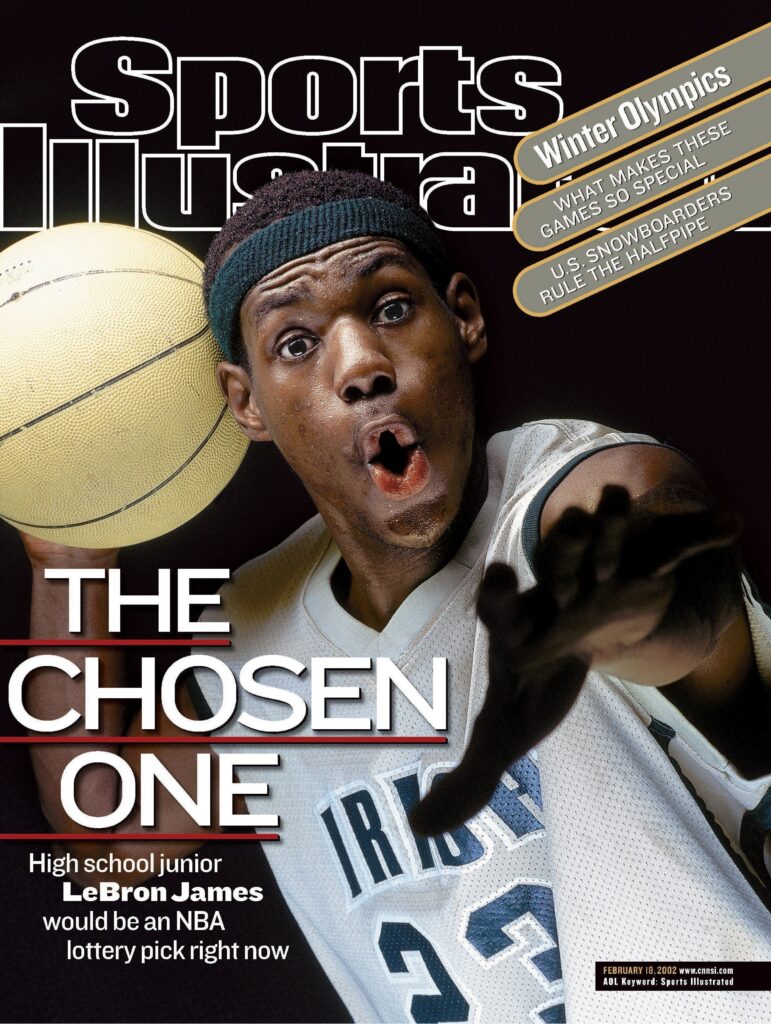Sports Historically:
From the beginning of time in village games, sports and games have transformed into a global attraction (Craig 2016). Sport is a powerful social tool that can do an excellent job bringing together people from different ethnic, cultural, religious, linguistic, and socioeconomic backgrounds (Craig 2016). Sports have a personal significance to billions of people around the world. Sports expand out far beyond the boundaries of any country and far beyond the end of a sporting event. Sports today, are one of the most important points of global interconnection between nations and governments, and also through national and international sports organizations (Craig 2016).
How we see women in sports:
As sports has risen over the years many people have predominantly looked at the industry as male dominated. An example of this is brought up in an article about how mostly “star athletes” have been male models (Rasmussen et al. 2021).

The article goes on to talk about how sometimes people only show one type of person as a star athlete, which can make others feel like they don’t belong. This study looked at Nike’s commercials and found that they mostly show men doing sports in a way that is seen as “masculine.” This can make people who don’t fit that stereotype feel like they don’t belong in sports. Nike wants to encourage people to play sports, but they might actually be making it harder for some people who don’t feel like they fit in. In the picture above, the male athlete Lebron James would go on to sign a lifetime contract with Nike. Two other male athletes have signed a lifetime contract with Nike but no women.
This portrayal of men mainly in sports through the media has led to sports being associated with men and masculinity in nearly every society in the world, and many scholars in turn argue that sport serves as a hegemonic institution to preserve the power of men over women (Kim, Sagas, and Walker 2010). This effects the medias perception of women, as male star athletes continue to strengthen masculine hegemony in a society by creating these societal attitudes that are negative toward female athletes, particularly those who compete in what historically have been deemed masculine sports (Kim, Sagas, and Walker 2010). Thus, not only are female athletes confined by traditional gender stereotypes in sports, but sports media also trivialize female athletes’ sporting achievements (Kim, Sagas, and Walker 2010).